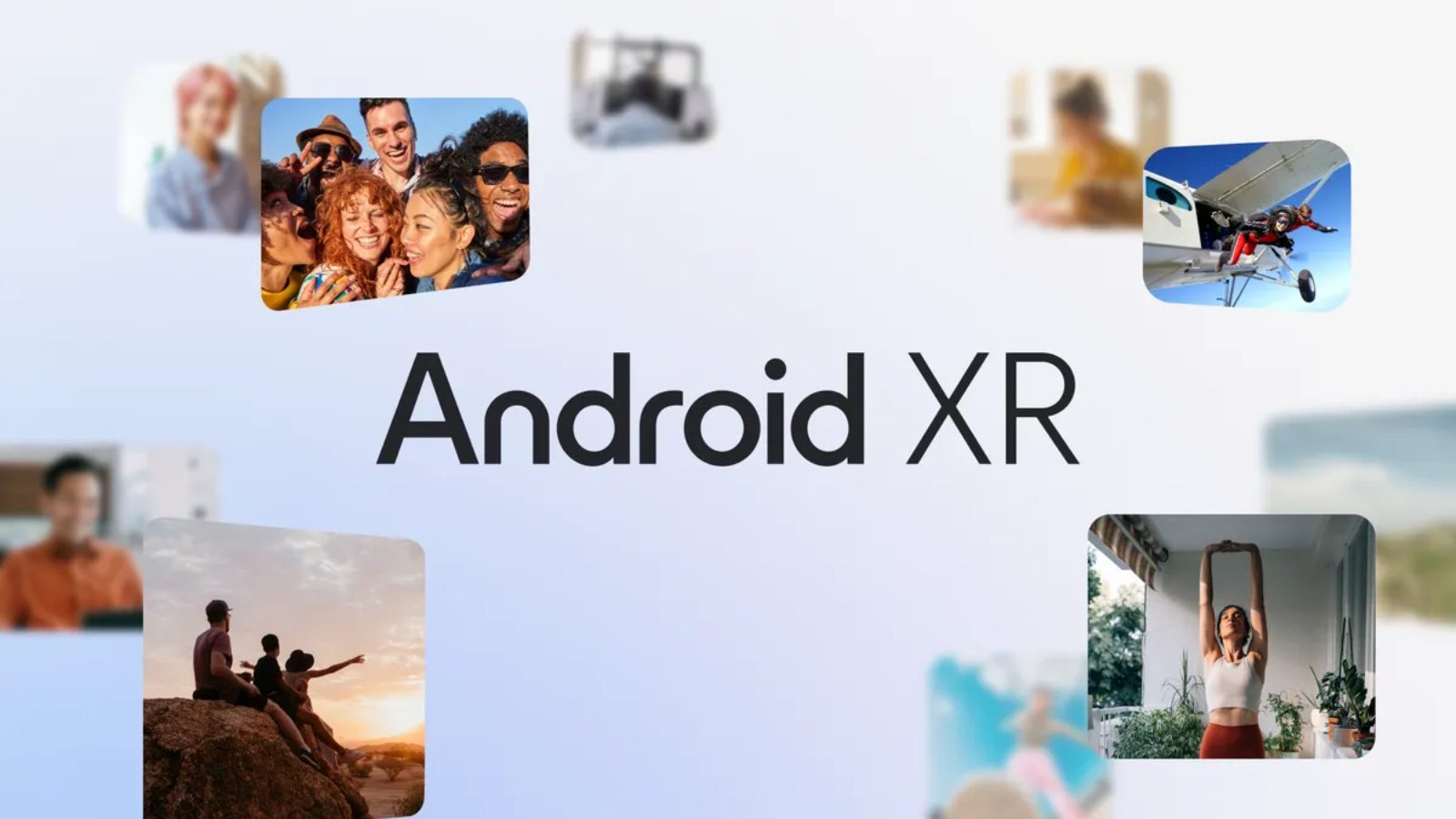Google has officially unveiled its anticipated Android XR (Extended Reality) platform, which will initially debut on Samsung’s highly anticipated Project Moohan headset.
The announcement, made on December 12, 2024, signals the tech giant’s serious foray into the immersive world of AR (Augmented Reality) and VR (Virtual Reality), underscoring a pivotal collaboration between two industry leaders.
This significant step highlights Google’s ambitions within the rapidly growing XR market and Samsung’s role in delivering the platform to consumers.
The launch of Android XR marks a monumental moment in the evolution of extended reality technologies, combining augmented and virtual experiences into a unified platform. Similar to how Android redefined mobile ecosystems, the XR platform aims to serve as the default foundation for the next generation of digital interaction.
Samsung, known for its innovative approach to consumer electronics and its past ventures in VR with its Gear VR initiative, emerges as a natural partner for Google in unveiling this transformative project through its Project Moohan device—a headset that has already generated significant curiosity in technological circles.
Google’s XR platform introduces a standardized operating system specifically optimized for AR and VR environments, enabling developers to create richer, more immersive applications. During the announcement, Google emphasized the platform’s scalability and adaptability, promising seamless integration with multiple hardware systems.
One major feature includes enhanced developer tools designed to simplify the creation of high-performance XR apps. Samsung’s Project Moohan headset, the first hardware to host Android XR, positions itself as a cutting-edge device that goes beyond traditional VR capabilities.
Rumoured to feature advanced displays, sophisticated tracking systems, and a sleek design, Project Moohan is widely expected to pave the way for wider consumer adoption of XR technologies.
Samsung’s commitment to delivering hardware that exemplifies innovation makes it a fitting launch partner for Google’s XR ambitions. Though details about Project Moohan’s exact specifications and release date remain under wraps, this partnership signifies a clear investment in shaping the future of immersive technology.
This collaboration also reaffirms the longstanding partnership between Google and Samsung, which have previously joined forces on flagship Android devices like the Galaxy series.
Their alignment on XR development leverages their respective strengths—Google’s software expertise and Samsung’s hardware prowess—to create a fully immersive user experience. For both companies, Project Moohan represents a strategic move to stay ahead in an increasingly competitive landscape dominated by Meta’s Quest headsets and Apple’s Vision Pro.
Devices integrating XR technologies are quickly becoming central to sectors including gaming, education, healthcare, and workforce training. By launching Android XR with Samsung, Google positions itself as an early leader in providing the standardized software framework required to support a thriving ecosystem, potentially mirroring its dominance in mobile operating systems.
One of the major benefits of this partnership is the possible democratization of XR technologies. By choosing to collaborate with Samsung, a brand that offers products across various price points—Google has a chance to make XR experiences accessible to a broad audience rather than limiting them to premium-tier devices.
Analysts suggest this strategy could help accelerate adoption rates and integrate XR into daily life, from casual entertainment to advanced productivity tools.
Despite the excitement surrounding the announcement, challenges remain in ensuring Android XR’s success. The XR market is fragmented, with manufacturers employing custom solutions that often limit the interoperability of devices.
Google’s decision to bring an Android-like model to XR could help unify the industry, but significant efforts will be required to bring developers, hardware makers, and consumers on board. Meta and Apple, both of which have made significant inroads into extended reality, may not adopt Google’s open-platform model, retaining their walled ecosystems instead.
Experts have weighed in on the broader implications of this launch. The introduction of Android XR signals Google’s commitment to becoming a major player in the immersive tech arena. While the platform’s long-term success will depend on developer and user reception, its partnership with Samsung provides a strong launchpad.
For consumers, the introduction of Android XR on Samsung’s Project Moohan headset carries the promise of broader compatibility, innovation-driven applications, and a more seamless user experience.
Whether it’s used for gaming, virtual collaboration, or immersive learning environments, the platform could dramatically expand what’s possible in both augmented and virtual worlds.
Looking ahead, this announcement sets the stage for further developments in 2025 and beyond. As other manufacturers explore collaborations with Google to adopt Android XR, the ecosystem may evolve into a unified, vibrant market for content creators, businesses, and users.
For now, all eyes remain on Samsung’s Project Moohan as curious enthusiasts and skeptics alike wait to witness whether this initial rollout delivers on the bold promises made by Google and its top-tier hardware partner.









